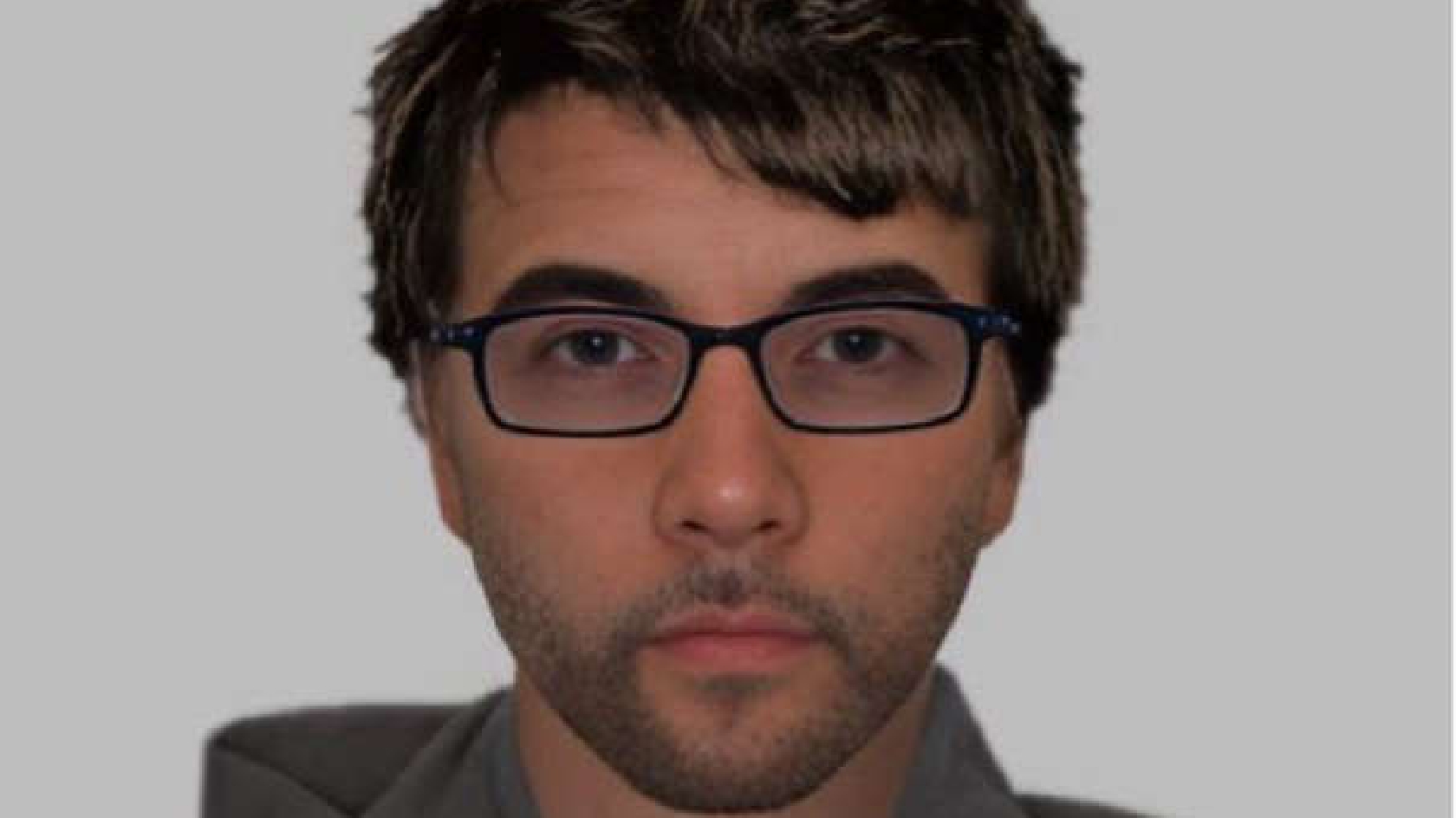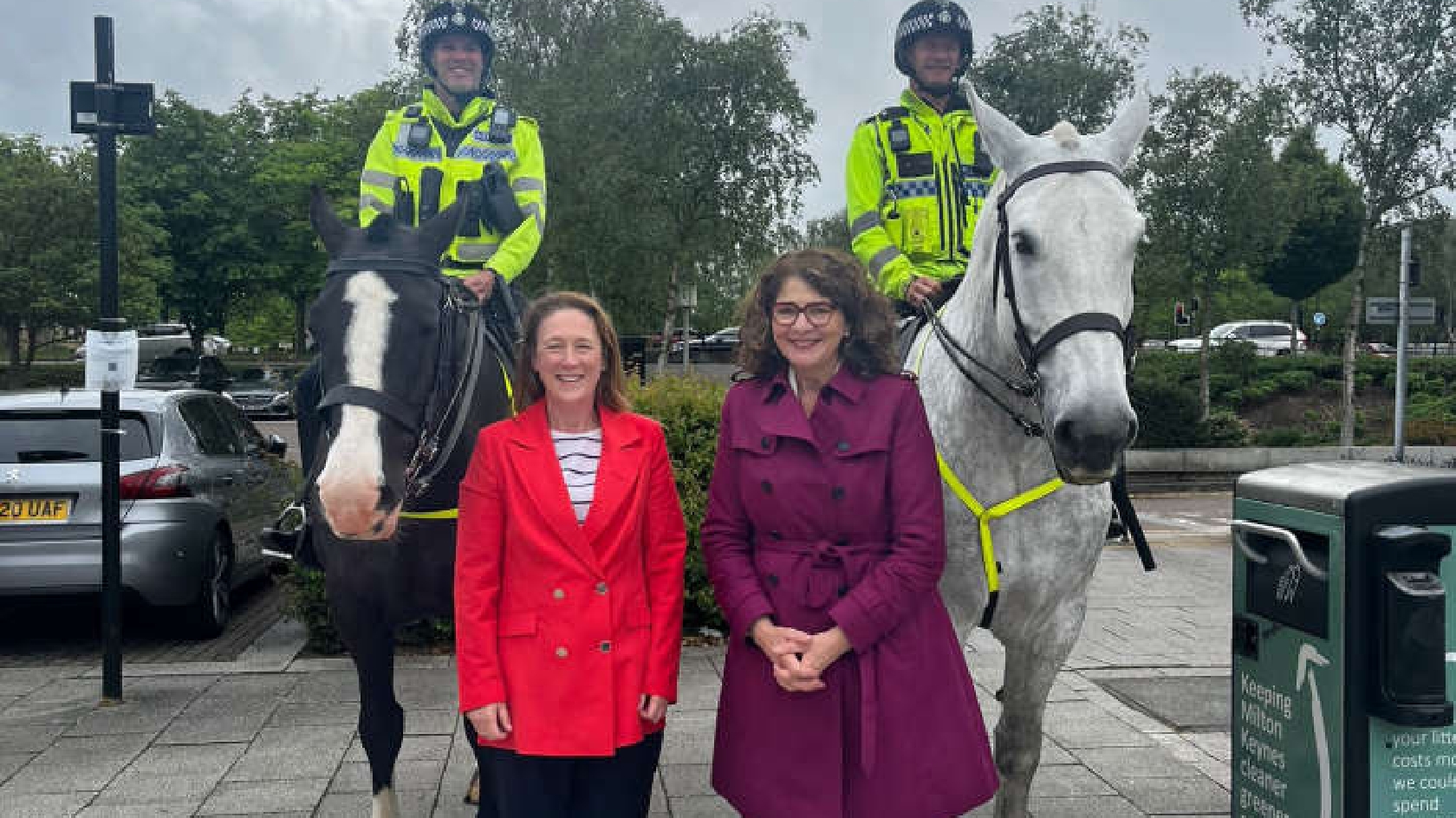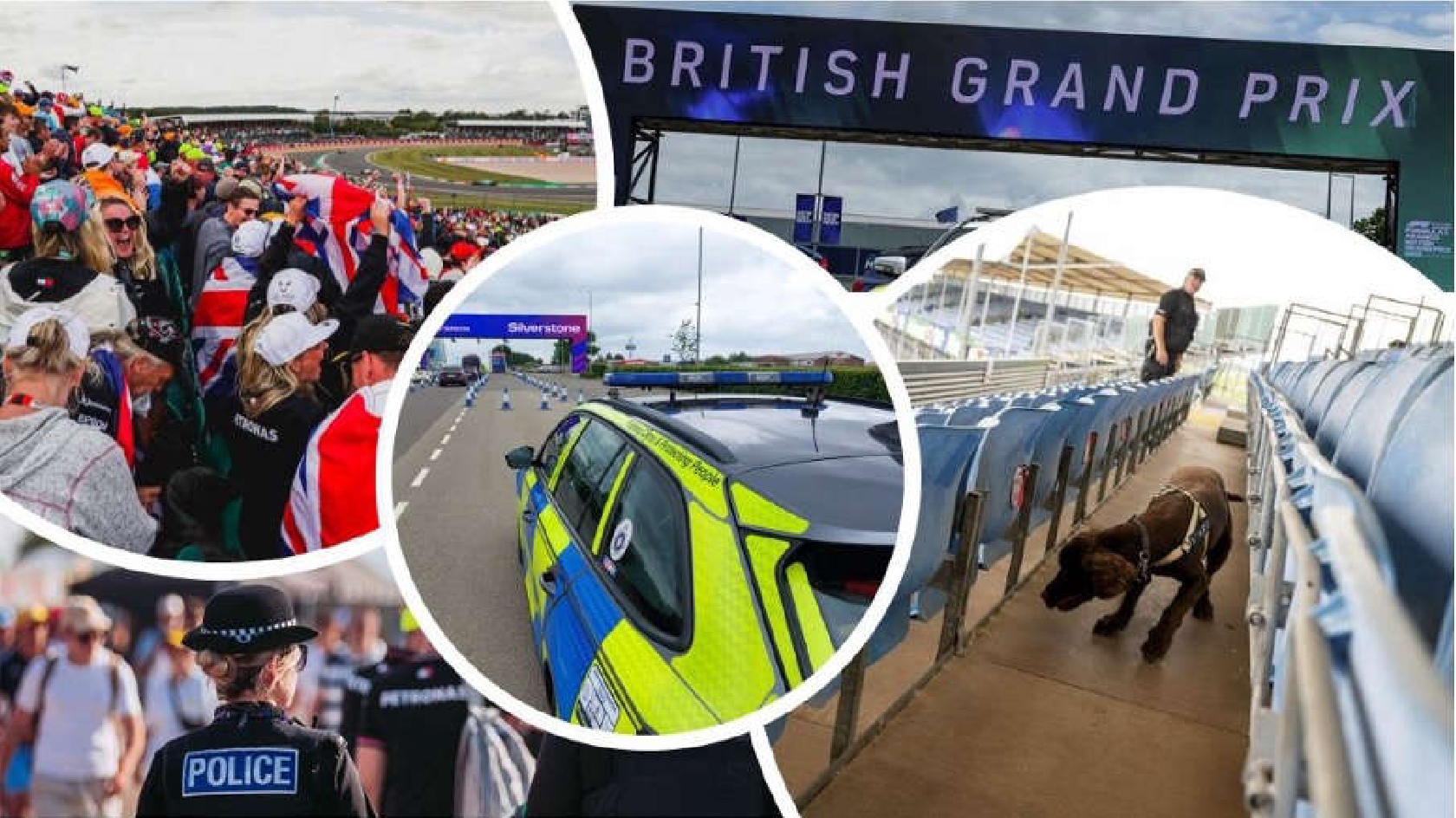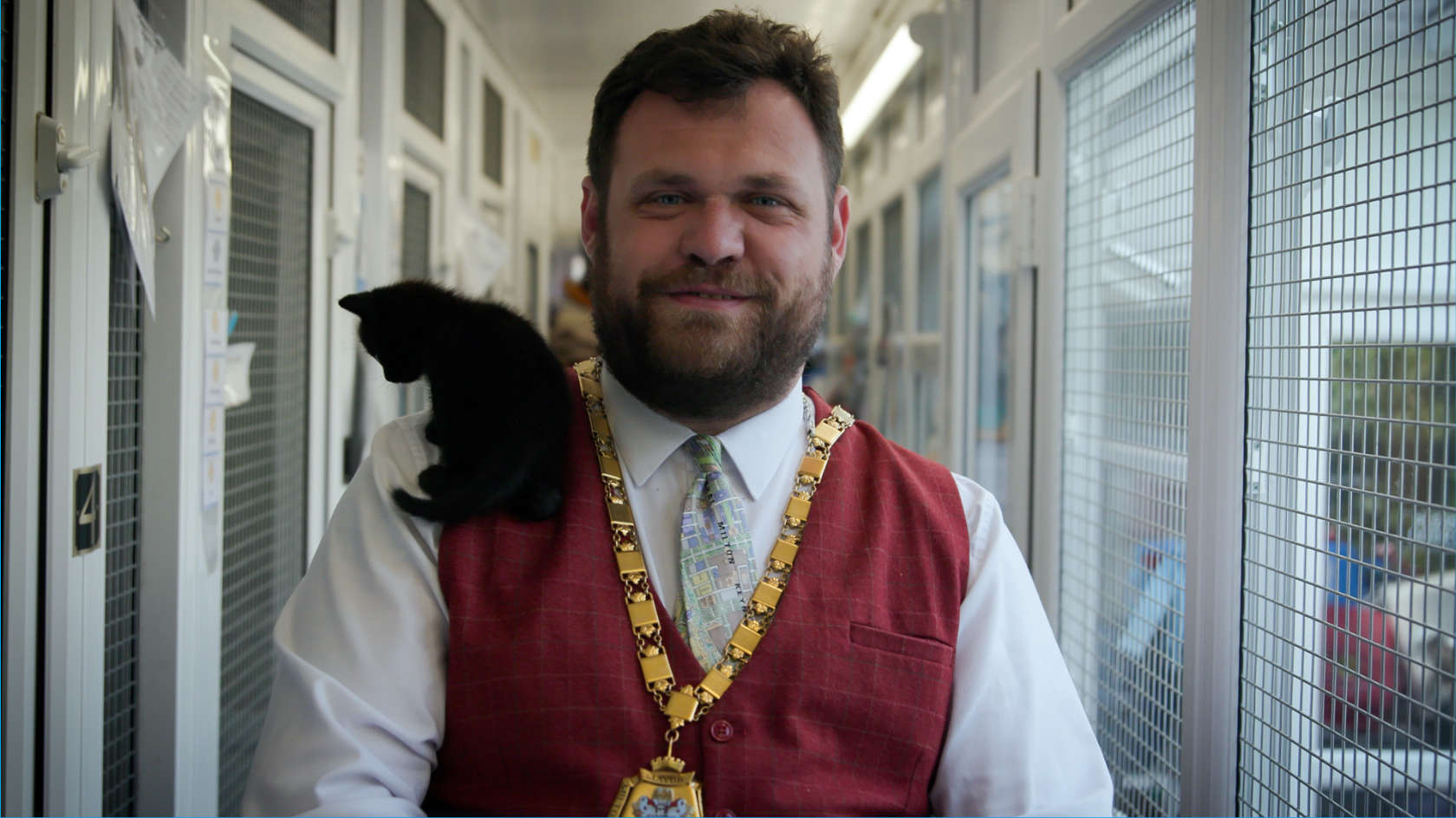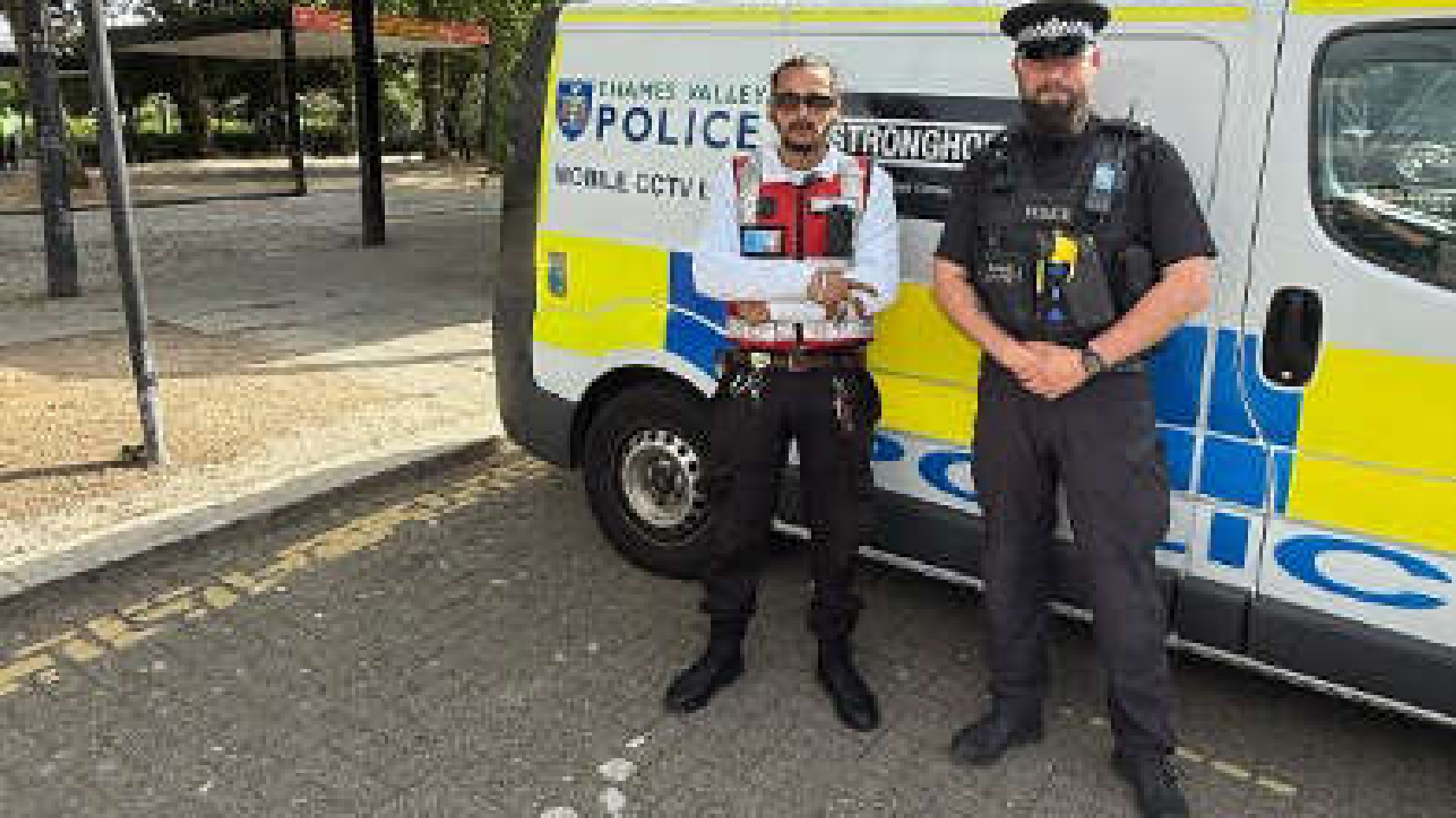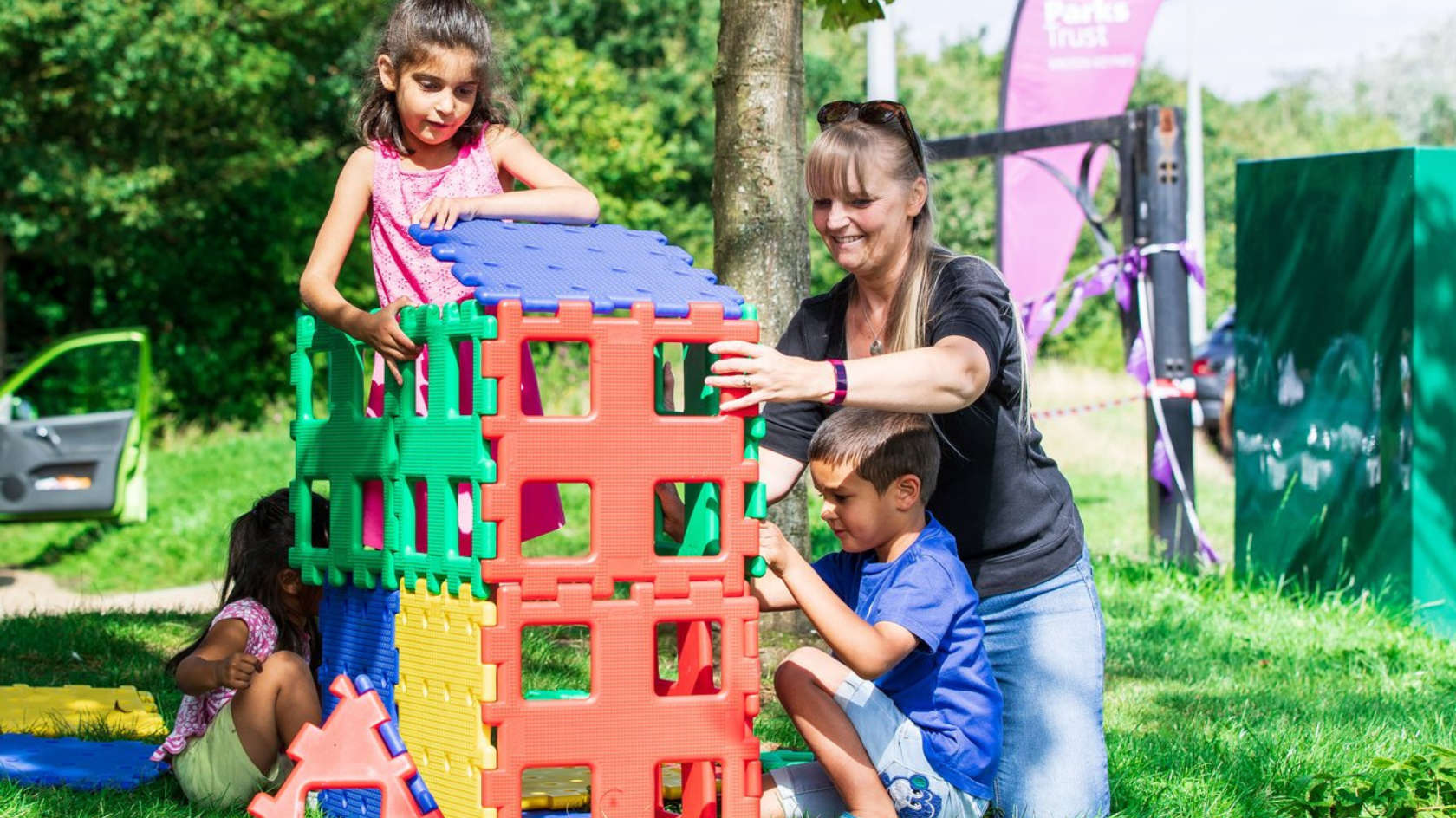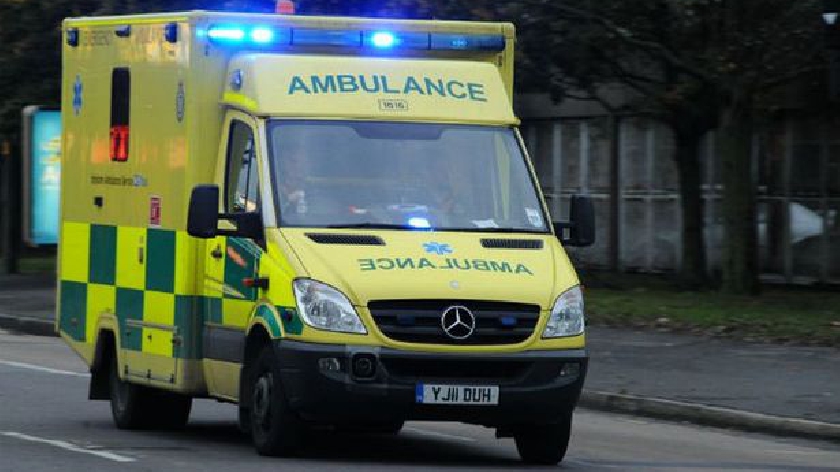
Understandably, parents are more alert to cold-like symptoms which may often be confused with coronavirus yet can be apprehensive about contacting the NHS unnecessarily.
Babies born since the COVID-19 pandemic have not had as much exposure to common viruses which would build up their immune system.
As measures such as social distancing and mask wearing are relaxed, Public Health England are expecting to see an increase in cases this season.
Respiratory Syncytial Virus (RSV) is one of the common viruses that cause coughs and colds in winter and is the most common cause of bronchiolitis in children under 2.
In the UK, the RSV season typically begins in the autumn – earlier than the adult flu season – and runs throughout the winter.
Dr. Sarah Whiteman, Clinical Chair at Bedfordshire, Luton and Milton Keynes Integrated Care System said: “Young children can typically have several coughs or cold-like illnesses each year. Children gradually build up immunity and get fewer colds. Most colds get better in 5 to 7 days, but for small children, it can take up to 2 weeks.
“The early symptoms of bronchiolitis are similar to those of a common cold, such as a runny nose and a cough. But further symptoms can develop over the next few days and may include a slight high temperature (fever), a dry and persistent cough, difficulty feeding, and rapid or noisy breathing (wheezing).”
Dr Sarah Whiteman said: “If your child has a sore throat, cough or cold – we suggest you book a COVID-19 test. Hopefully this will come back as negative, but as cases are high at the moment, it is best to be sure.
“Once you have a negative result, you can safely take your child to be seen by a pharmacist if they need some medication to help with their symptoms. Of course, if the result is negative, you must follow the self-isolation instructions and notify all of your recent close contacts.”
For some infants and babies, such as those born prematurely or with a heart condition, bronchiolitis can be more severe. If your child becomes breathless, their tongue or lips are blue, or there are long pauses in their breathing - the advice is to call 999 for an ambulance immediately.
Most cases of bronchiolitis are not serious, but you should contact your GP or call NHS 111 if you’re worried about your child, they’re not feeding properly, they have a persistent high temperature of 38C or above, or they seem very tired or irritable.
There are simple steps you can take to reduce the spread of all viruses:
-Use tissues to catch coughs or sneezes, bin the used tissues as soon as possible and wash your hands with soap and warm water to kill the germs.
-Children with flu or bronchiolitis symptoms should stay home and reduce contacts where possible.
-Particularly avoid close contact with newborn babies, infants born prematurely (before 37 weeks), children under 2 born with heart or lung conditions, and those with weakened immune systems.



